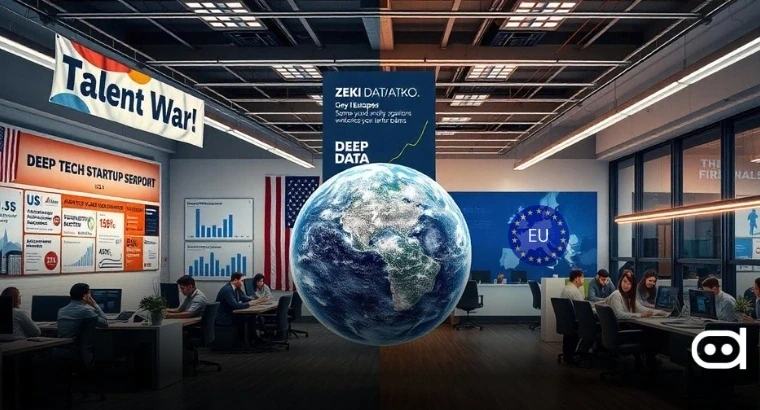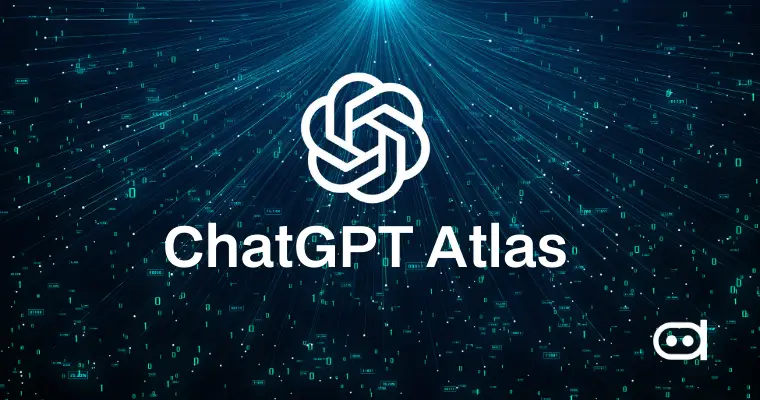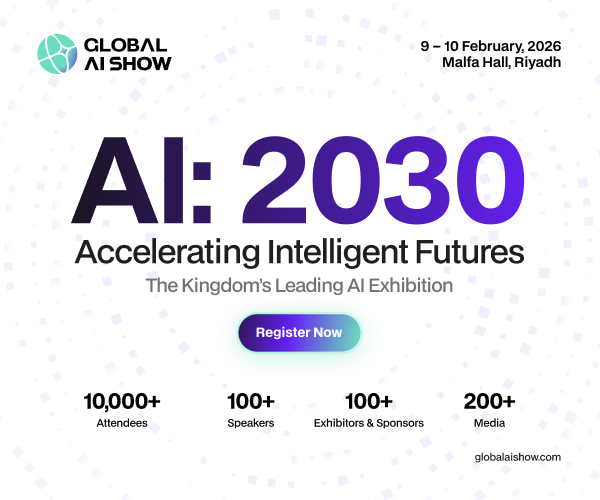
- British deep-tech data company Zeki Data releases its Deep-Tech Talent War: Europe vs. North America Showdown 2024 Report that highlights the underlying disparity between American and European deep-tech startups. The report lists 7 key findings to break down the competition in the global deep-tech ecosystem.
- The report aims to inform and guide decision-makers, investors and talent acquisition specialists by offering insights into the future prospects of the deep-tech ecosystem. Tom Hurd, the CEO and co-founder of Zeki Data, also emphasized that the right hires will be critical to the success of deep-tech startups globally.
Deep-Tech Growth Trends in US and Europe
A recently published report by deep-tech data company Zeki Data highlights a significant disparity between North American and European startups. Deep-tech, referring to advanced technologies that combine sophisticated engineering with scientific principles, such as AI, biotechnology, quantum computing, robotics, etc., has seen major interest from technology leaders. The report, titled “The Deep-Tech Talent War: Europe vs. North America Showdown 2024,” also underscored the changing landscape of deep-tech industries and found a notable deceleration in the establishment of new startups since 2020.
The most significant finding was that the United States produces three times as many deep-tech startup organizations as the United Kingdom, although European startups fare better at onboarding talent with advanced skills compared to North America. The gap between the two technological continents extended further, with North American deep-tech startups scaling much faster than their European peers.
Zeki Data’s methodology involved focusing on over 6000 of the most critical deep-tech startups in Europe and North America, spanning 8,795,902 employees globally, especially around 227,948 individuals showing highly advanced skills. The outcome was condensed into 7 key findings, which include the swift expansion of American entrepreneurs, a downturn in battery technology and renewables, and a notable migration of Chinese expertise from European enterprises back to China.
Another surprising finding was the consolidation of deep-tech hiring by the Magnificent 7 (a term used to refer to the seven technology leaders: Amazon, Apple, Meta (formerly Facebook), Google, Microsoft, Tesla and Nvidia), who are now prioritizing early-career, low-cost hires instead of their traditional higher-cost hiring experiences.
Tom Hurd, the CEO and co-founder of Zeki Data, stated that the competition for top-tier science and engineering talent is fierce, as deep-tech companies rely on these skills to drive their innovation. He also warned that governments are investing heavily in deep-tech startups to gain an innovative edge, but the report data shows it has potentially low returns, primarily due to rising capital costs and industry consolidation. Hurd also stressed that the best indicator of future success for deep-tech businesses is attracting and keeping the most inventive and creative personnel, a priority that both businesses and governments should adopt.
Read More: Snap Inc. Leverages Google Cloud for Multi-Modal AI in My AI Chatbot
Attracting and retaining a skilled workforce continues to be a critical factor in deep-tech success, according to Zeki Data’s latest report. It also put a spotlight on the competitive nature of the deep-tech ecosystem, with North America and Europe both scoring points for quicker scale and more skilled talent respectively. Yet, deep-tech startups and organizations across all regions will need to take a page from the talent acquisition gurus to identify, onboard and retain the best workers amidst the ongoing talent war.











